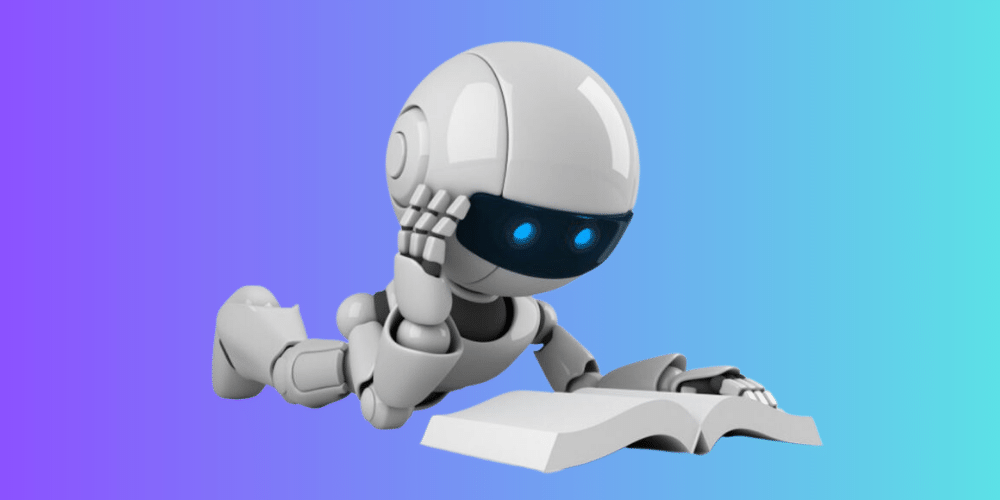AI: The Unseen Book Thief: Thousands of Authors Cry Foul
- 234

AI technology's capacity to imitate and generate human-like text has its roots in the works of thousands of authors, brought to light in a recent outcry by over 8,500 authors. In an open letter, these aggrieved artists have accused tech firms behind large language models (LLMs) like ChatGPT, Bard, LLaMa, and others of using their creative works without their permission, let alone compensation. This controversy raises pivotal questions on the ethical and legal aspects of AI development, as well as the impact on the creative world of literature.
The crux of the issue lies in the extensive use of copyrighted books, articles, essays, and poetry that is fed into these AI systems, essentially providing the 'nutrition' for machine learning. These literary works, serving as the AI's training data, are leveraged without acknowledging their provenance or licensing them from respective publishers. It raises valid concerns about where the machine learning data is sourced, emphasizing a latent issue of copyright infringement in the development of AI technologies.
This wave of discontent among authors is not solely due to unauthorized usage of their work but also because AI threatens their livelihoods. As the authors cite, the recent Warhol v. Goldsmith Supreme Court decision underscores the commercialization of their work without fair use. The flooding of markets with mediocre, machine-authored books and stories could dilute the literary landscape, pushing original authors into obscurity.
Adding to the list of grievances is the exploitation of AI-generated works by malicious entities. SEO agents, using APIs and tools developed by prominent companies like OpenAI and Meta, scrape content from various websites, leading to repurposed low-quality iterations. This situation is especially detrimental to new authors and unheard voices that are already struggling in the narrow margins of large-scale publishing.
In conclusion, the open letter serves as a wake-up call for AI companies to respect intellectual property rights. It demands permissions and fair compensation for the use of copyrighted material in their AI platform and for AI outputs, regardless of their infringing status under the current law. The unfolding events will pave the way for discussions and actions concerning AI algorithms' ethical use, legal limitations, and the urgent need for clear policies to protect original creators in the digital age.